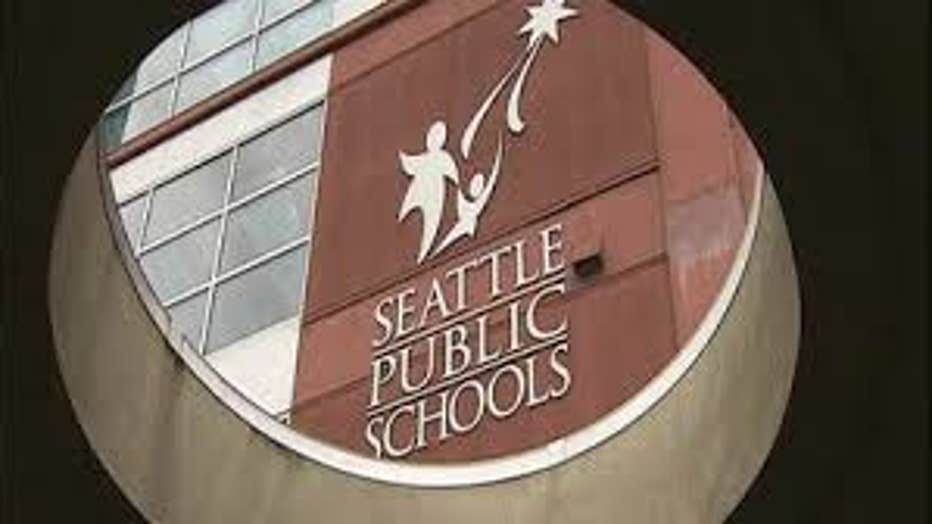Seattle teacher negotiations come down to wire again -- why?
SEATTLE -- Teacher negotiations at the state’s biggest school district in Seattle continue to come down to the wire. There’s just a week to reach an agreement before a strike that will complicate the lives of thousands of students.

The reason contract negotiations almost always happen around the start of the school is because the fiscal year for districts begins on Sept. 1. So, the start of school always coincides with the start of new budgets. There doesn’t seem to be any way around that.
However, Seattle School Board President Kay Smith-Blum says the district began negotiations months ago, hoping to wrap things up long before now.
“Both sides have to be willing to agree to things as they go along,” Smith-Blum said, who claims the District has made several reasonable offers. “Instead of just a yes or no, there’s just been sort of a lack of response,” she said of the union. “That’s created this strategy where it brings it right to the brink of school, which unfortunately creates, you know, a lot anxiety for our parents and our families and our students that we really shouldn’t have.”
But the Seattle Education Association, the teachers' union, says it has been working hard with the district for months and isn’t using the threat of a strike as leverage.
“This is up to the school board,” said SEA President Jonathan Knapp. “We have consistently said we’re willing to sit down and been ready to sit down and solve problems and, you know, find common ground on all of these issues. The thing that is keeping us from getting to that point is the inflexibility from the school board.”
One of the big sticking points in the Seattle negotiations, no surprise, is pay.
Smith-Blum argues that the offer of a 5.3% increase over two years would keep Seattle as the third highest paid in the Puget Sound region. And it’s a deal, she says, that will require sacrifice elsewhere.
“When we give raises to teachers, that’s part of our operating budget,” she said. “If we are giving it to teachers and salaries, which is I think it a great investment, I’m fully on with that, we’ve got to cut somewhere else. And those cuts are going to be painful.”
But Knapp believes a better offered is needed.
“They want high quality teachers,” he said. “You don’t just offer them a pittance of pay and expect them to come here.”
Something else that has separated the sides in Seattle is just how long the workday should be for elementary school teachers. They account for 60 percent of the educator workforce.
“Our elementary school teachers are teaching seven hours, our secondary school teachers, middle and high school, are teaching seven and a half,” said Smith-Blum. “We’re just trying to even the decks.”
“Teachers already stay way longer than the contract day,” said Knapp. “It just feels like, you know, not trusting your professionals, not respecting your professionals.”
Another issue that is part of the impasse: How much should student test scores be used in teacher evaluations?
Both sides have until next Wednesday to reach a deal to avert a strike.

